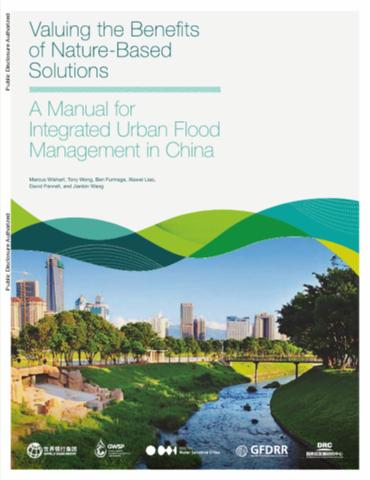© 2020-2022 The Global Program for Nature-Based Solutions for Climate Resilience. All Rights Reserved.
Floods are the most frequent of all-natural hazards and responsible for causing more damages than any other disasters. Globally, floods are estimated to have affected more than 2 billion people between 1998 and 2018, accounting for 45 percent of all people affected by disasters during that period with an estimated 142,088 fatalities. The immediate impacts of flooding include the loss of human life, livelihoods, damage to property, destruction of crops, loss of livestock, disruption of services, and deterioration of health conditions owing to waterborne diseases, among others. The direct economic losses caused by flooding over the last decade are estimated at US656 billion dollars, although these are systematically under-reported and actual values are likely much higher. When accounting for intangible impacts on human well-being, natural disasters are thought to cost the global economy more than US520 billion dollars a year. This report outlines a comprehensive framework for valuing the benefits associated with NbS for IUFM to facilitate the identification of appropriate and sustainable financing mechanisms to realize those values. Traditional approaches of assessing the benefits of urban flood management have been focused on avoided losses due to reductions in the probability of flooding. A benefit to this approach is that it is simple to calculate and to explain to decision makers. It can also provide information regarding the optimal level of flood risk reduction associated to the direct intervention cost. However, such traditional approaches do not reflect the full range of social, environmental and economic benefits that can be realized by NbS for IUFM. Broader recognition of these benefits, and an evaluation of their value under different circumstances, provides the foundation for capturing non-market values and leveraging private sector and community financing options. The approach described herein builds on the ‘Principles for Valuing Water’ articulated by the High-Level Panel on Water convened by the United Nations and the World Bank Group and includes three common types of flooding (i.e. fluvial, pluvial and coastal) through a five step process.



